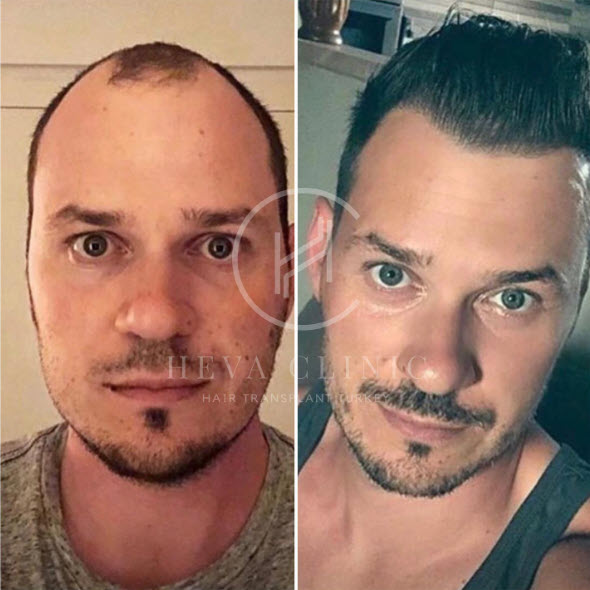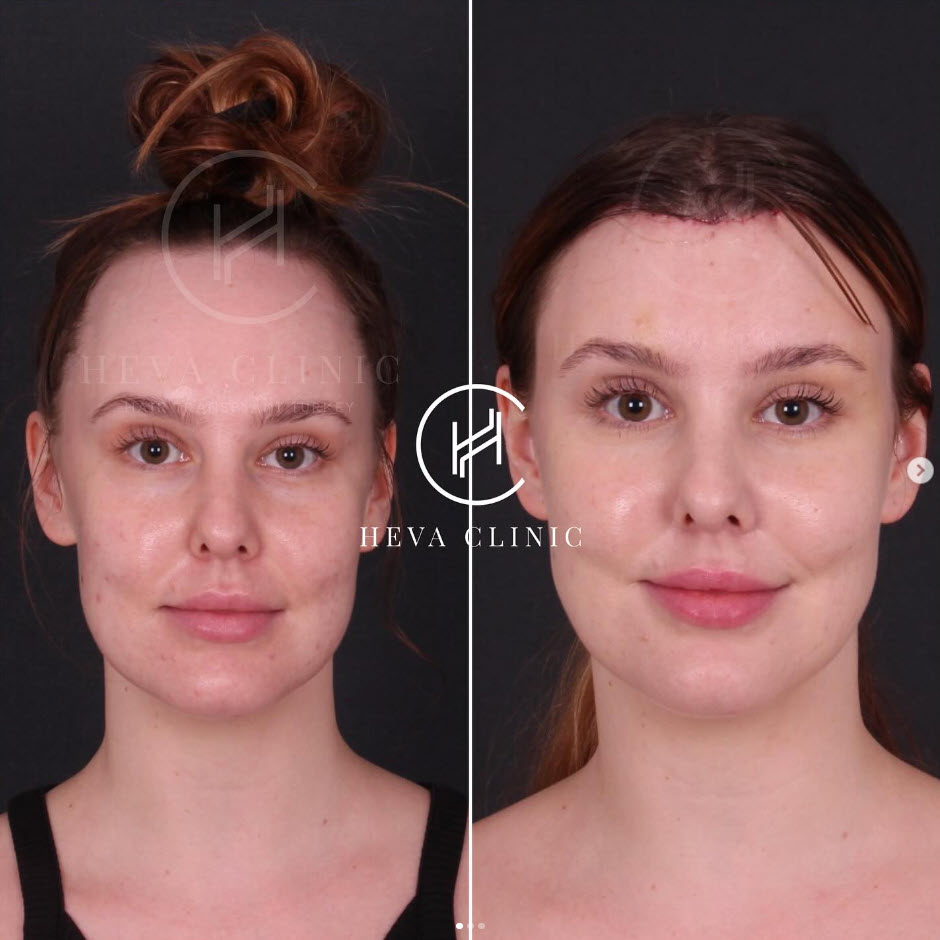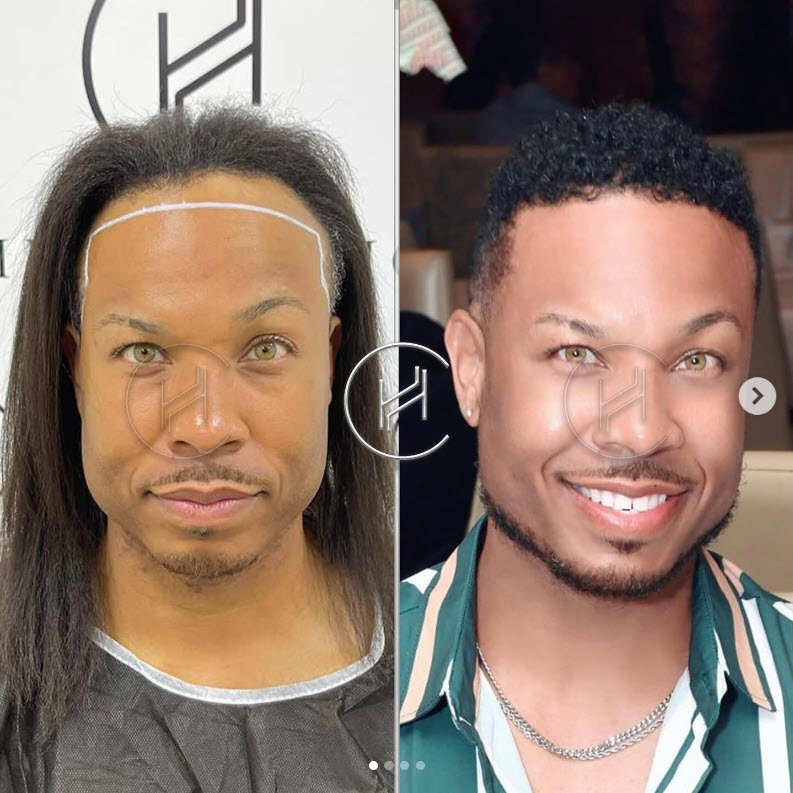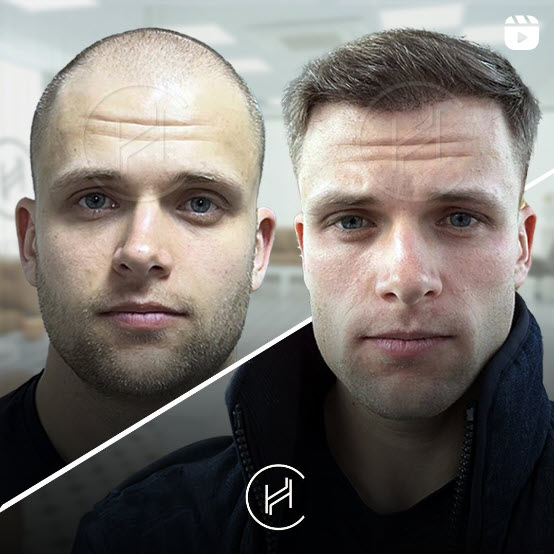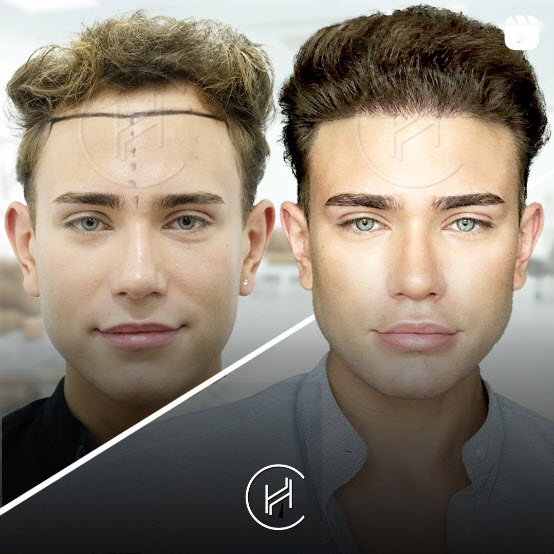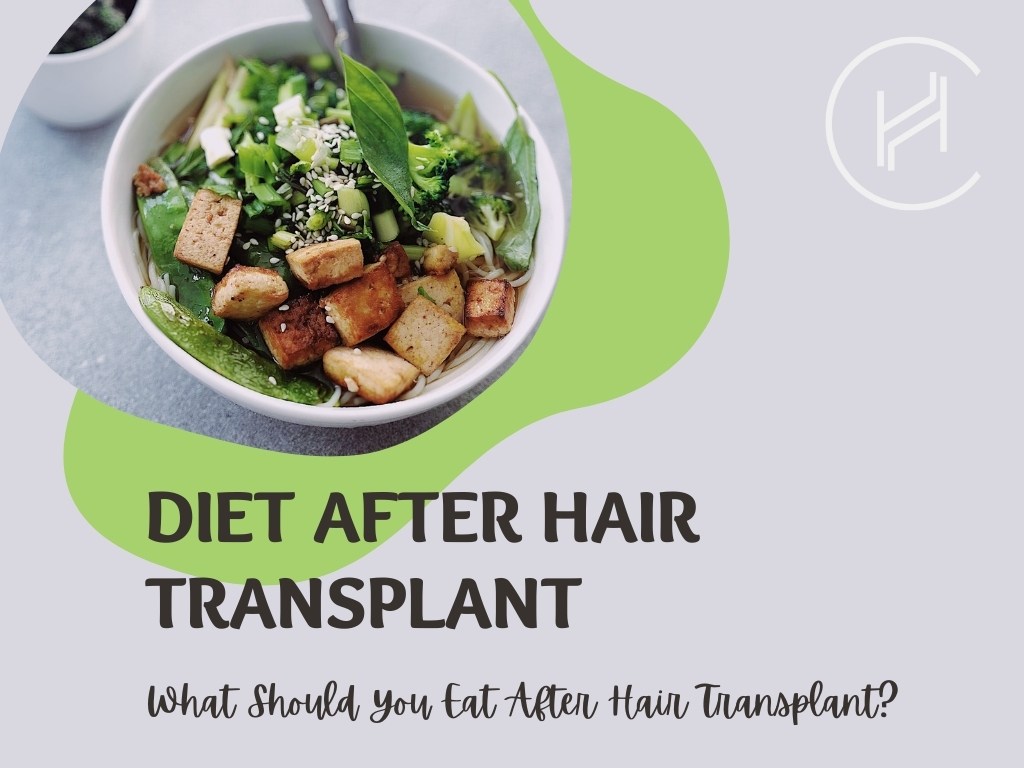
What we consume after a hair transplantation procedure has an impact not only along the recovery process but also on our overall hair health. By adopting a holistic approach to diet and nutrition, post-hair transplant patients notice improvements that aren’t limited with hair health.
Developing atomic habits and consuming organic, whole foods have health benefits on the skin, nails, and on gut microbiota health.
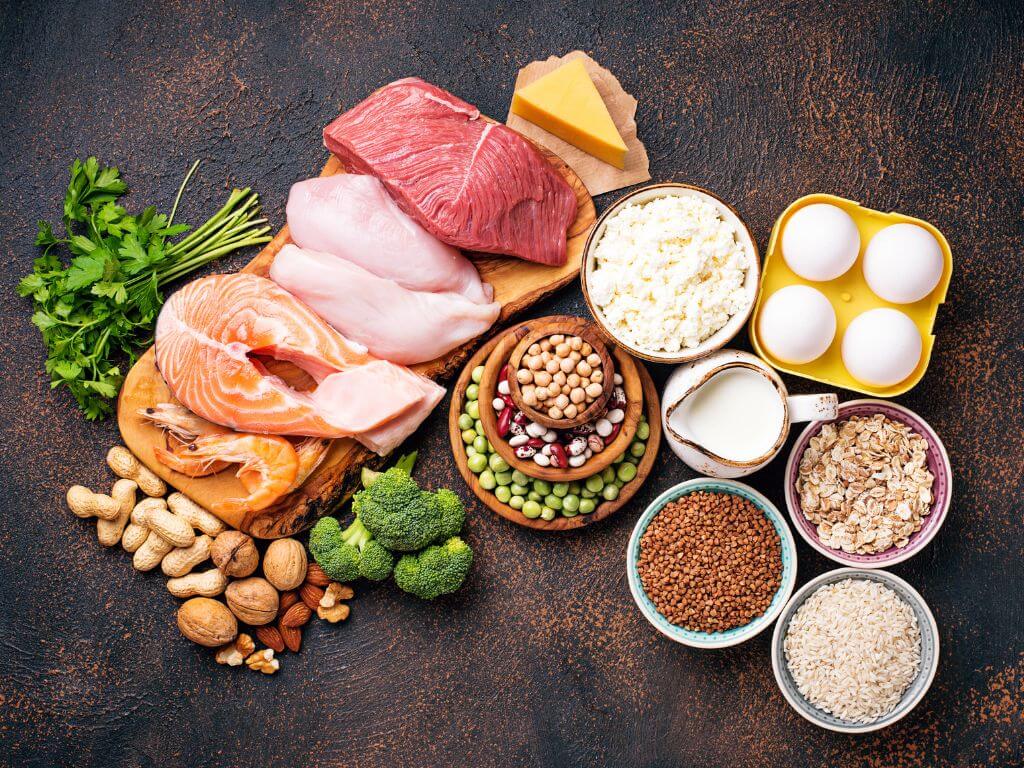
Protein Intake:
The healing force behind post-hair transplantation is protein intake. Planning protein-rich foods can help speed up the recovery after surgery and enhance hair growth.
Protein-rich foods include:
For adopters of a vegan diet, a variety of legumes and tofu intake will support your hair health effectively.

Antioxidants:
Foods rich in antioxidants, such as fruits and vegetables, may help reduce inflammation and support the body’s natural healing process.
Post-hair transplant patients can consider introducing the following to their diet:
Consumption of red peppers will provide you with more Vitamin C than oranges. Red pepper intake may also boost your metabolism. Beetroot is a nutrient-rich vegetable that nourishes hair follicles and promotes healthy hair growth. It is a rich source of vitamins, minerals, and antioxidants, providing essential nutrients to hair follicles and strengthening them from the root.
Ginger and turmeric create wonders to reduce inflammation. To squeeze out optimum goodness, all of these fruits and veggies can be consumed raw or with the help of a masticating slow juicer.
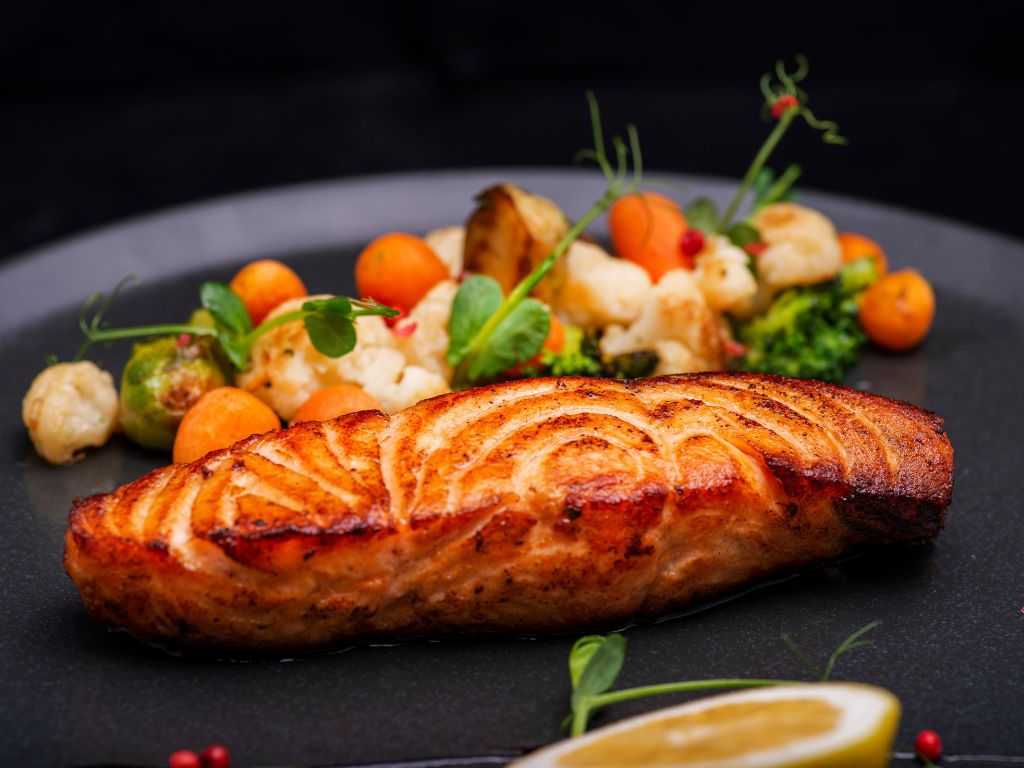
Omega-3 Fatty Acids:
Omega-3 fatty acids, found in fatty fish such as salmon and tuna, flaxseeds, and walnuts, provide nutrients to hair follicles, prevent inflammation, and promote circulation in the scalp which boosts hair growth.
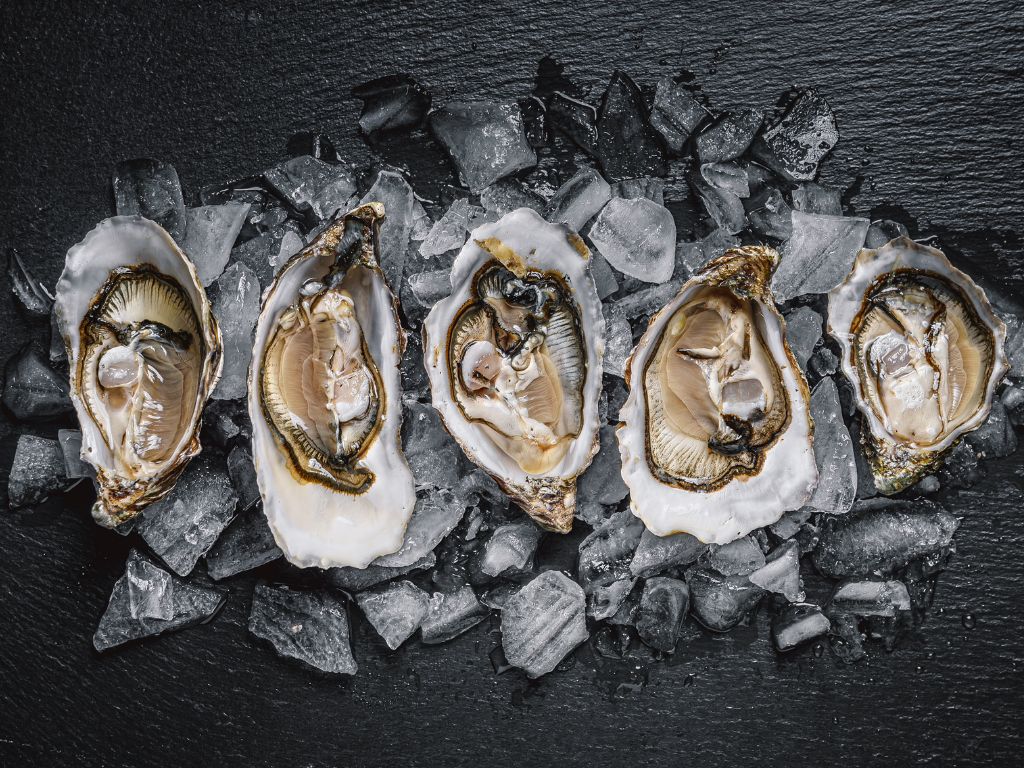
Minerals:
Iron is an essential mineral that our bodies need for various functions, including the transportation of oxygen to cells and the production of energy. It plays a crucial role in the strength and resilience of hair strands, reducing breakage and promoting thicker, healthier hair.
Zinc is an essential component of several vital proteins and plays a key role in DNA synthesis, protein synthesis, and cell division. A deficiency in zinc can lead to hair loss, as it supports the production and function of various cells within the hair follicles. Explore the best foods for hair loss.
Foods to Avoid After Hair Transplant
Certain foods can disrupt the healing process and adversely affect hair health following a hair transplantation. Foods high in sugar and unhealthy fats can cause inflammation, which hinders healing.
Furthermore, excessive consumption of caffeine or alcohol can lead to dehydration and hinder blood circulation to the scalp, impacting the supply of nutrients to the hair follicles.
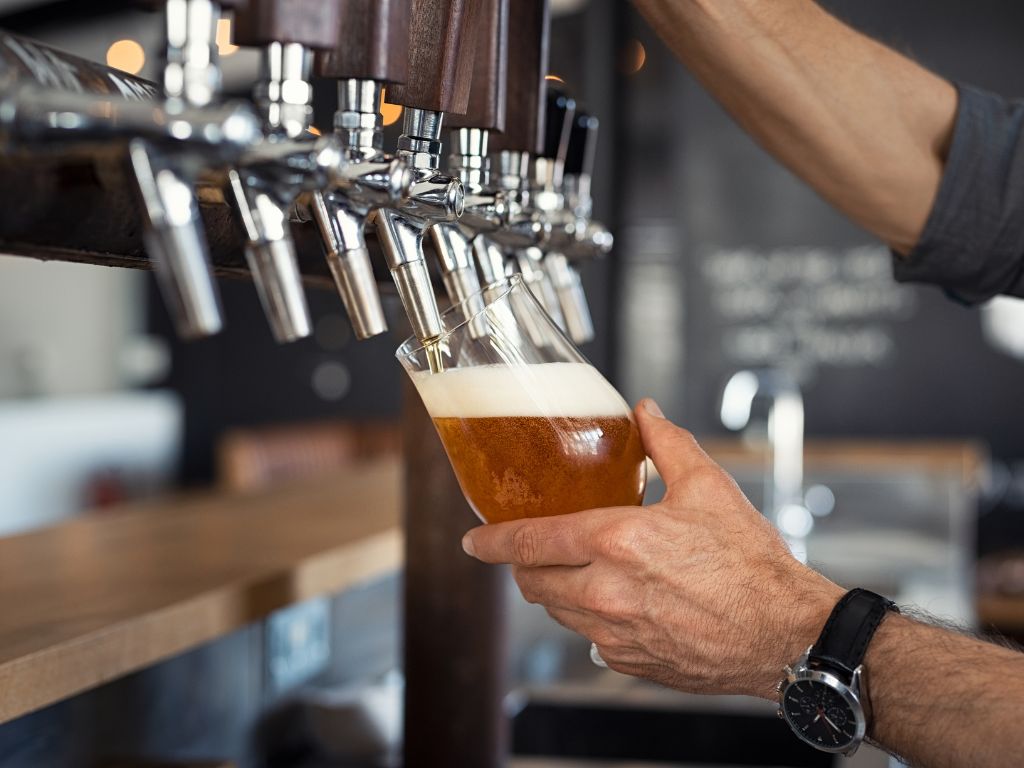
Alcohol
Even if you really want to celebrate your decision about a hair transplant with a few beers, alcohol intake should be limited with zero at least 24 hours before the surgery. Post-hair transplant alcohol intake can increase the risk of bleeding and would be an unnecessary move, slowing down your precious recovery mode.
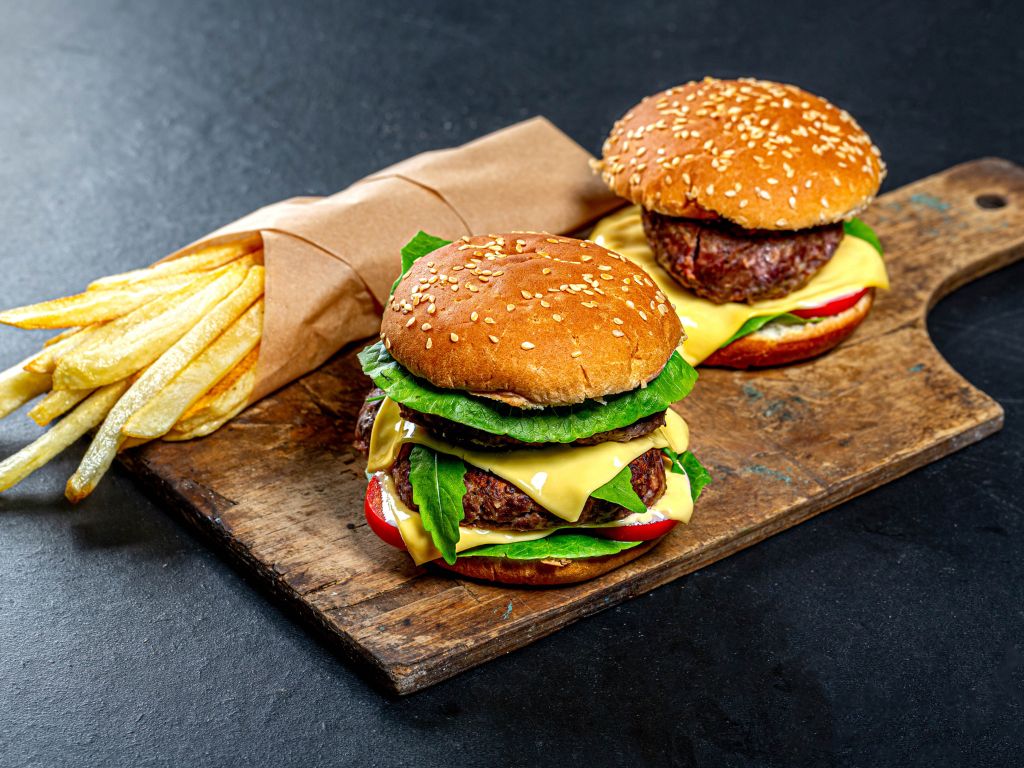
Soda & Fast Food
There are borderline quantities of sucrose in sugary fizzy (and non-fizzy) soft drinks. The only thing fast food and soda pops are rich in is unhealthy ingredients, insane amounts of sugar, and refined carbohydrates. What these do is to induce inflammation in our system. Consumption of fast food is commonly associated with elevated levels of saturated and trans fats, which in turn can result in compromised blood circulation.
You need your blood circulation to work in your favor, for necessary nutrients to reach till your hair follicles. Besides, consumption of these guilty pleasures isn’t good for anyone, never.
FAQs
Can I eat chocolate after hair transplant?
It’s better to avoid consuming chocolate after a hair transplant because most chocolates contain high levels of saturated fat and sugar. If your craving is really bad and wins you over, make sure to grab a high quality, 80% or higher cocoa content organic bitter product.
Can I consume eggs after hair transplant?
Yep, eggs are the free-zone. Organic, free-range eggs are great sources of protein, Omega-3, vitamin D, and iron.
Can I eat ice cream after hair transplant?
Commercial (packaged) ice creams may contain aspartame so you should avoid consuming low-quality, low-nutrient foods and snacks including ice cream. Remember that most ice creams aren’t even ice cream and contain harmful ingredients.
Can I eat pizza after hair transplant?
Yes, but processed foods and those with high sodium content contribute to poor overall health, making it harder for your body to recover and support new hair growth effectively. So, frozen or other low-quality pizza that comes in a box is not recommended. Homemade pizza (including the dough) is a better option if you have the skill.
Can I eat spicy foods after hair transplant?
Spicy foods are best to be avoided after a hair transplant. The reason behind being increased perspiration. We don’t want that when you’re waiting for your scabs to heal.
Can I eat chicken after hair transplant?
You can eat chicken (ideally organic) after your hair transplant. Organic-fed chicken is a good source of protein, zinc, iron, and vitamin B12 and collagen when boiled.
Can I eat fish after hair transplant?
Consumption of fish, especially fatty Omega 3 fish category is good for you at all times, including post-hair transplant. Fish meat comes with great minerals, such as iron, zinc, iodine, magnesium, and potassium.
Can I eat meat after hair transplant?
You can consume lean meat following a hair transplant; however, you should avoid processed meats like sausage, bacon, ham, and deli meats such as salami, pepperoni etc.
When can I start taking vitamins after a hair transplant?
You can use quality vitamin supplements the day after your hair transplant.

